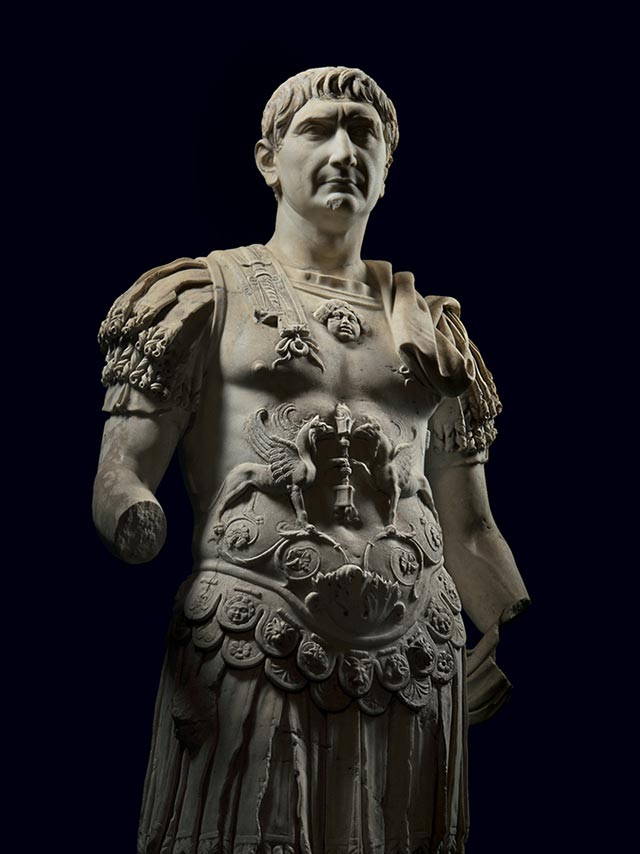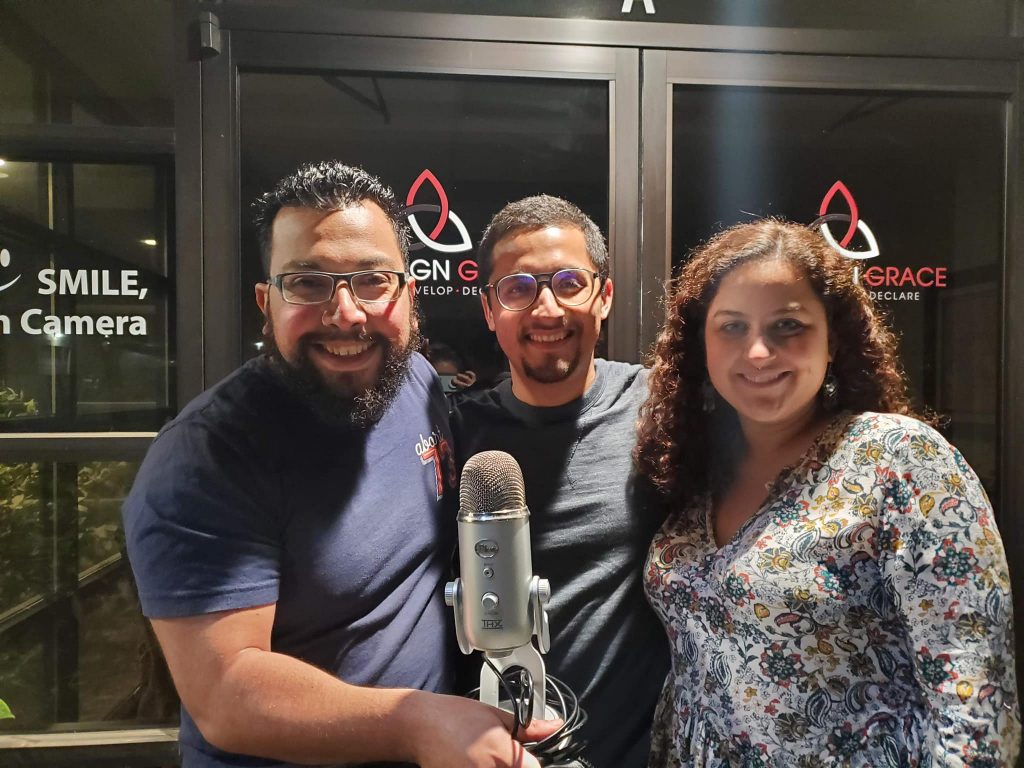
"The Spirit Himself testifies with our spirit that we are children of God, and if children, heirs also, heirs of God and fellow heirs with Christ, if indeed we suffer with Him so that we may also be glorified with Him." - Romans 8:16-17
The Holy Spirit is who we look to for assurance that we truly are (not fictively, not imaginatively) sons of the Father in every respect. In verse 17, Paul uses the earthly parent-child relationship and connects it to what is true of God and those that belong to Him: children are, by definition and right, heirs to their parents’ estate. In the case of full adoption and assimilation, the adopted children were as much heirs to that estate as were natural children. Christians will enjoy all that is God’s along with Christ, our Brother (Mk. 3:34; Heb. 2:11; Rom. 8:29; Jn. 20:17; Gal. 4:1-9; Eph. 1). We are not second class citizens or children in theory but slaves in practice (as the institution of adoption has been practiced in other cultures throughout history). We ARE children of God. My adopted daughter is not a second class citizen, or different than my sons. She IS my daughter, in every way but blood.
Throughout history, there have been many permutations of adoption, some partial adoptions, temporary adoptions, and quasi adoptions. I’m reading through Hugh Lindsay’s book Adoption In The Roman World, where he details the history of adoption throughout time, particularly centered in its practice during the Roman Empire. It will be interesting to see what role Christianity played in its evolution, and what role that played in the most common form of modern adoption, which is full assimilation and induction, the very thing Romans 8:14-17 teaches.
It is true that, as a former Gentile (not a Jewish covenant member), I was not a part of the people of God, just like my daughter was not part of our family before we met her and before her adoption was finalized. In Romans 11, Paul addresses the fact that unbelieving Jews (those that were covenant members through circumcision, but did not believe in the Messiah, unlike Abraham – and so were not truly members of God’s family) were removed from God’s people, and the Gentiles were then brought in. As usual, the Scriptures have a way of using language we can understand, in this case using language from nature,
"But if some of the branches were broken off, and you, being a wild olive, were grafted in among them and became partaker with them of the rich root of the olive tree, do not be arrogant toward the branches; but if you are arrogant, remember that it is not you who supports the root, but the root supports you. You will say then, 'Branches were broken off so that I might be grafted in.' Quite right, they were broken off for their unbelief, but you stand by your faith. Do not be conceited, but fear; for if God did not spare the natural branches, He will not spare you, either. Behold then the kindness and severity of God; to those who fell, severity, but to you, God’s kindness, if you continue in His kindness; otherwise you also will be cut off. And they also, if they do not continue in their unbelief, will be grafted in, for God is able to graft them in again. For if you were cut off from what is by nature a wild olive tree, and were grafted contrary to nature into a cultivated olive tree, how much more will these who are the natural branches be grafted into their own olive tree?"
In adoption, we have what I believe to be the best earthly representation of the gospel. Think about it. Can you take a dead branch from a tomato tree and tape it onto a healthy peach tree and expect that branch to come back to life and yield peaches? Of course not. That would be “contrary to nature.” In God’s good creation, He intended for parents to produce offspring, lovingly raise them in the fear and admonition of the Lord to be godly people that would, in turn, raise their own offspring, and so on, for God’s glory. However, because of the effects of the Fall of Adam, we live in a world of sad realities that occur more often than we know. One of these is parents giving up their children for adoption. Is this not better than having taken their lives in abortion or some other tragedy befalling them? Of course. However, this is still something that goes against God’s intended role of the natural parents toward the child. It should not be this way. It is “contrary to nature.” Therefore, the relationship formed between the adoptive parents and the adopted child is, in a sense, “unnatural,” but not fictive. In Romans 13, the governing authorities have been established by God to reward good and punish evil. When the judge ruled that our daughter was now our daughter, her authority established that as a fact to be recognized by all peoples and entities. Her ruling stands, not because of societal conventions or self-ascribed authority, but because God raised her to her post as judge to protect this child under the legitimate umbrella of a new family, the cradle of all civilizations. Though I am not related by blood to my daughter, she has been grafted into my family tree in every way. Her roots will travel throughout and be nourished by my family’s soil, drink deeply from the same water, and be intertwined with the network of roots that form my family, as much as those of my sons. My past relatives are now hers, my background is now hers, my story is now the ground on which she will build her own. And as I like to remind myself, even when she marries, her maiden name will always be mine. She is a Salazar, and she always will be.
This is why, as Christians, we can speak of Abel, Enoch, Noah, Abraham, Sarah, Isaac, Jacob, Joseph, Moses, Gideon, Barak, Samson, Jephthah, David, Samuel, the prophets, and countless more (I just listed the Hall of Faith in Hebrews 11, by the way), as our brothers, our fathers, our people, our family. Though Psalm 84:10 teaches us the right attitude toward our salvation (humility and contentment at just being saved), when, in the words of Hebrews 12:22-24, we “come to Mount Zion and to the city of the living God, the heavenly Jerusalem, and to myriads of angels, to the general assembly and church of the firstborn who are enrolled in heaven, and to God, the Judge of all, and to the spirits of the righteous made perfect, and to Jesus, the mediator of a new covenant, and to the sprinkled blood, which speaks better than the blood of Abel,” we former Gentiles will not be the corner slave polishing the golden roads up yonder. We will walk on them as royal sons of God equal with our Jewish brothers and sisters who believed in the promise made to Abraham. We will not have “barely made” it, or be separated in any way. After all, Galatians 3:28 tells us the following,
"There is neither Jew nor Greek, there is neither slave nor free man, there is neither male nor female; for you are all one in Christ Jesus."
And if there is any room for doubt, the next verse repeats what he’s been teaching in that chapter,
"if you belong to Christ, then you are Abraham’s descendants, heirs according to promise."
In a much smaller (yet glorious) way, the same applies to my daughter. There is a sense in which her union to us through adoption puts the power of God in a more glorious display. For who has the power to bring something dead back to life, and to completely transform it into something else? Only God. Remember what Romans 11:23 says about God being able to graft the Jews back into the olive tree,
"if they do not continue in their unbelief, will be grafted in, for God is able to graft them in again."
Contrary to what Dispensationalism teaches, there is no dividing line between us and them that will forever separate us. That would, at best, turn what we just read in Romans 11 on its head, and at worst, show God to be a liar. When I read the biblical stories, I know that these aren’t just a compilation of random stories with some moral application to them, no, I know that, through Christ, that is my story. When I read of their faults and failures, I can imitate their example of repentance and faith, as my forebears. More importantly, when I read of my church family in the Bible, the main thing that unifies us is who we are all, imperfectly, pointing to: our Elder Brother Jesus Christ, the Second Adam, the one who conquered the grave, our Friend who laid down his life for us His friends, and who now calls us to do the same for each other, because we are truly one people, one family. In the words of Ephesians 4:4-6,
"...one hope of your calling; one Lord, one faith, one baptism, one God and Father of all who is over all and through all and in all."
During the adoption hearing, the judge uses covenantal language to inquire of the adopting parents:
"Do you understand that if the Court grants your petition for adoption today, that for all purposes this minor will be your lawful daughter/son? Do you understand that all of the rights, duties, and responsibilities of the parent child relationship? Do you understand these include the duty of support, and the right of inheritance? And you willingly accept all of those rights, duties, and responsibilities as they relate to yourself and the minor?"
And upon the affirmative response by the adopting parents, the judge then pronounces her judgment with the following beautiful words,
"The Court hereby finds that it is in the best interest of the minor child(ren) herein that the petition for adoption be granted, and it is hereby ordered, adjudged, and decreed that the adoption be granted, and that____(minor) shall henceforth be the lawful child of Mr./Mrs./Ms.____, and further Mr./Mrs./Ms.____ shall sustain toward____(minor) and____(minor) the legal relation of parent and child, and each will be subject to all of the rights, duties, and responsibilities of that relationship. The name of the minor child(ren) herein shall henceforth be____."
With this, the church has agreed,
"All those that are justified, God vouchsafeth, in and for His only Son Jesus Christ, to make partakers of the grace of adoption: by which they are taken into the number, and enjoy the liberties and privileges of the children of God; have His name put upon them; receive the Spirit of adoption; have access to the throne of grace with boldness; are enabled to cry, Abba, Father; are pitied, protected, provided for, and chastened by Him as by a father; yet never cast off, but sealed to the day of redemption, and inherit the promises, as heirs of everlasting salvation." (Westminster Confession of Faith, Ch. 12).
I’ll let Thomas Watson conclude,
"We have enough in us to move God to correct us, but nothing to move him to adopt us, therefore exalt free grace, begin the work of angels here; bless him with your praises who hath blessed you in making you his sons and daughters."
Picture: Emperor Augustus, who would never have become Emperor had Julius Caesar not adopted him.
––––


